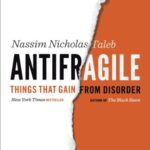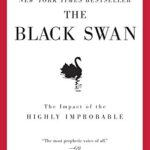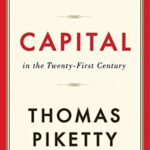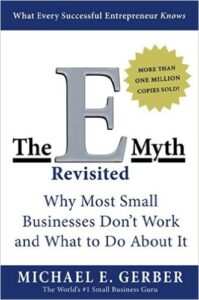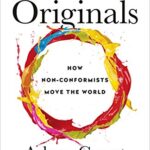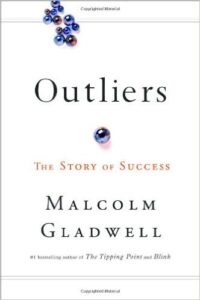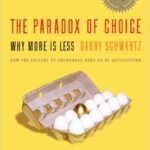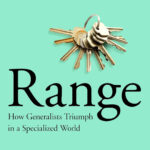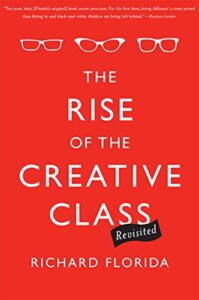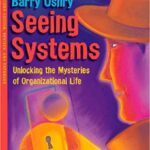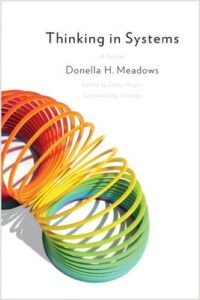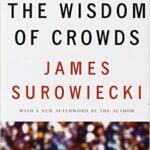Systems

Analyzing the Social Web
Sometimes you get an idea that you want to explore and you propose a presentation topic on it – and it gets accepted. Well, maybe that doesn’t happen to you but I do it occasionally. It allows me to test what folks are interested in. In this case, I h...
Antifragile: Things That Gain from Disorder
“What doesn’t kill you makes you stronger” is how the saying goes. The saying ignores broken bones or other frailties that are not sufficient to cause death. However, the heart of this cliché is what Taleb explains in Antifragile: Things That Gain fr...
The Black Swan: The Impact of the Highly Improbable
As I began reading The Black Swan, my wife wondered if the black swan was a dancer in swan lake. I’ll assure you, my reading hasn’t taken a turn into classical dancing. Instead, I’ve become intrigued by interesting events. Most of the time black swans...
Capital in the Twenty-First Century
I never gave much thought to economics or the economy. They always seemed like bigger issues that I couldn't impact or influence. There's no point in understanding something over which you have no influence – at least that's how my reasoning went. However, I...
The E-Myth Revisited
There aren’t many books that I read under protest. I don’t mean protest in the sense that someone else is forcing me to read a book, as much as I mean that I’m forcing myself to read it. The E-Myth Revisited is one of those books that I didn’t want to rea...
Originals: How Non-Conformists Move the World
It was 7th grade. My science teacher wasn’t interested in science. It was where he got assigned to teach. It was his first year. He would read a chapter or two ahead of the class so that he could teach us. He was a good man but was in a bad spot. On...
Outliers
I’ve read Malcom Gladwell’s other two works: The Tipping Point and Blink . I figured that Outliers would be interesting and entertaining. Why not? The other two books were. What I didn’t expect was that it would change the way I see myself and the wo...
The Paradox of Choice
I’m still preparing for the Information Architecture DVD that is forthcoming and I stumbled across a reference to the book The Paradox of Choice: Why Less is More by Barry Schwartz . Honestly, it felt like a reach when it came to preparing for Information Ar...
Range: Why Generalists Triumph in a Specialized World
I don’t know how to stay in my lane. That’s the way I often explain to clients how and why I reach into related areas of the organization to try to support them as well. We may be focused on one technology project, but that doesn’t stop me from suppo...
The Rise of the Creative Class: Revisited
There have been references spread out through many of the books that I’ve read to Richard Florida and his estimates of the number of “creatives,” people who work creatively every day. These references come back to the original version of The Rise of the...
Seeing Systems: Unlocking the Mysteries of Organizational Life
Sometimes the people I speak with look at me funny. They tilt their head just a bit and wonder how I’m looking at problems. I know that I see things differently, but it’s normal to me. Seeing Systems: Unlocking the Mysteries of Organizational Life se...
Thinking in Systems: A Primer
When I reread The Fifth Discipline and wrote a book review for it, I found a few references to Donella Meadows and upon further research I found the book Thinking in Systems . The book is odd in that it was published posthumously. The book draft wa...
The Wisdom of Crowds
I was recently reading a blog post titled Mild Super Power on the Dilbert Blog . It made me think about how there are sometimes more factors at play than may be immediately obvious. While I don’t subscribe to Scott Adam’s claim that he can avoid speedi...


